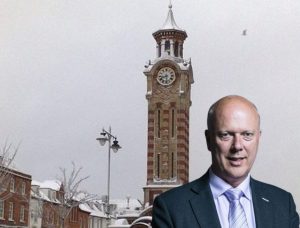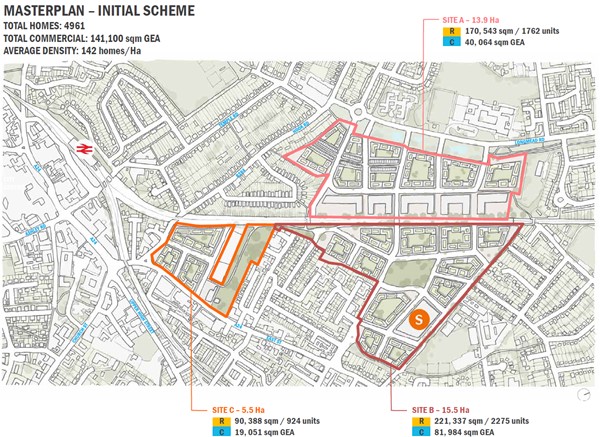We live, sadly, in an increasingly unstable world. The situation in Israel and Gaza has been and continues to be horrendous. There is a huge international diplomatic effort, involving the UK and other European countries, the US and countries across the Middle East, working to try to find a way of bringing both a short and long term resolution to the conflict. I really hope it succeeds.
At the same time the situation in Ukraine seems increasingly difficult, with Russia starting to make ground again in the conflict. In the short term at least there seems little prospect of peace – and my heart goes out to all of the Ukrainian families here in Epsom as they fear for their friends and relatives there.
But at Easter time I would also like to remember another group facing violence and persecution around the world. Every week I receive a newsletter from a member of one of our local Churches about what seems to be an endless stream of violence against Christian communities around the world. In Nigeria and Pakistan in particular attacks on Churches and Christian homes happen all too regularly, and in Nigeria thousands of Christians have been killed or kidnapped by extremists in recent years.
Christian communities are not alone. Ahmadiyya Muslims, a minority group in the Muslim faith, are another example of a group which faces persecution around the world.
In Epsom where different faiths live side by side, and where Church communities are strong and free to worship, we should never forget how fortunate we are compared to many in the world.
**
As I enter my last few months in Parliament, so the debate over the local plan in Epsom is beginning to heat up again. I will no longer be MP by the time it is finalised, but as a local resident as well I have a very strong interest in making sure it is done in the right way.
At the same time we can be in no doubt that we need new homes to be built. We cannot continue with a situation where so many people are struggling to get into a home of their own.
That’s why I have always argued that we need substantial smart development in this area, making best use of existing developed land, and mixing commercial and residential buildings in a way that is carefully and thoughtfully designed.
What this area does not need is more substantial family homes built on green belt land away from existing public transport. We need starter homes and affordable homes close to local centres.
I hope that even at this late stage the Residents Association councillors who control the Borough Council will change tack and look at the very real opportunities for smart brownfield development in the area. We can build substantial numbers of new homes without creating a new urban sprawl on the farm land to the East and West of Epsom.
With development, it is always much easier just to build on a green field. But the easy option is not always the best one. And in Epsom and Ewell it is certainly not.
**
If you travel by train into London, you have probably seen the new trains for our network lined up in sidings at Clapham Junction. They have been there for some time. And not in service.
There are a variety of reasons why our line is suffering from worsening overcrowding at the moment – and I am pushing South Western Railway very hard on this. Last year I got some extra semi-fast trains added to the evening peak timetable. Now I am working to do the same at other times of day.
But a lot of the problems would be solved if the new 10 coach trains were coming on stream. But it seems pretty clear that the main reason they are still parked in the sidings is because the unions are still dragging their feet on allowing them to be used. The reason – they are new, modern trains which work in a different way to the old ones. And the changes are still being resisted.
Perhaps one day the union leadership will put the passenger first. I am not optimistic.




